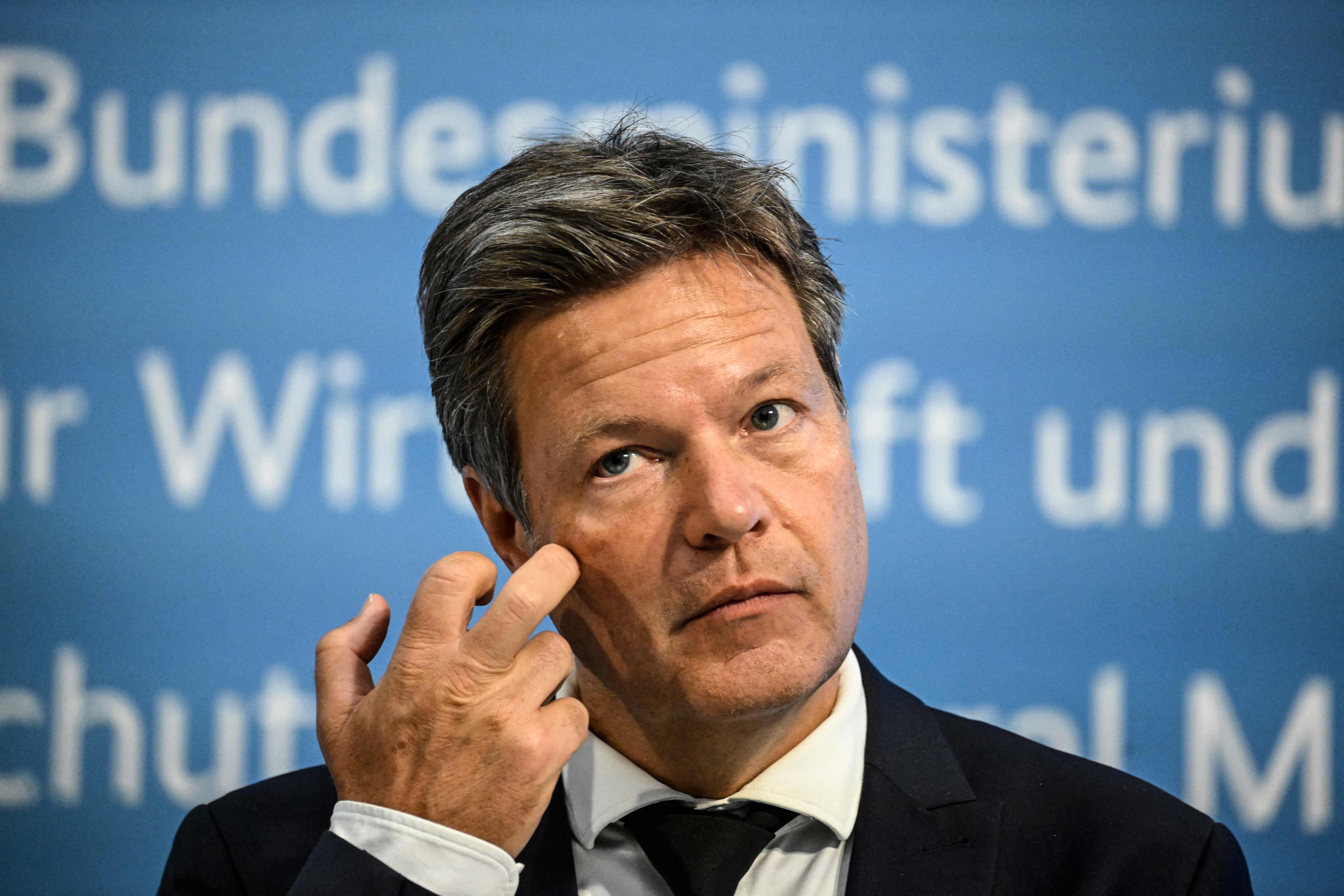What happens to Europe if Russia cuts off the gas?
Germany is such a huge gas importer – the largest in the world – that its response matters most of all, writes Hamish McRae


Forget the matey scenes of the G7 leaders at the summit in Bavaria, and ask the tough question – what happens if Russia cuts off gas to Europe? If we have learnt anything in the past four months, it is that Europe has to plan for the most extreme outcomes that might stem from the invasion of Ukraine. And among those extreme outcomes is a total shut-off of gas supplies.
This is really an issue for the coming winter. The normal pattern is for stocks to build up in the summer and then be run down when cold weather strikes. Taking Europe as a whole, roughly 40 per cent of its gas was imported in 2020 from Russia, with some countries such as Latvia getting all of it from Russia, while others such as Ireland not importing any. (The UK produces roughly half its gas from the North Sea and imports 7 per cent from Russia.)
Germany took 65 per cent of its gas from Russia, and though it has cut imports down, it is such a huge gas importer – the largest in the world – that its response matters most of all.
Last week, Robert Habeck, the German economic minister, announced that the country would move to stage two of its three-stage emergency plan to cut gas demand. This stage involves using more coal to generate electricity, and allowing utilities to charge higher prices to encourage customers to cut back on consumption. Stage three, if it happens, would be rationing. The aim then would be to make industry cut back on demand so that households would still be able to keep their heating on through the winter.
The European Union is also planning on how to get through the winter with lower supplies and will announce the details next month. As Ursula von der Leyen, the European Commission president, put it: “The best is always to hope for the best and prepare for the worst.” So can Europe get through the winter without any Russian gas?
In theory the answer is yes, but in practice, it will mean a serious recession. Back in February, just after Russia had started its invasion, the Brussels-based think tank Bruegel did some calculations of what might happen.
The good news is that Europe had already been diversifying away from Russia, with liquefied natural gas (LGN) imports, notably from the US, soaring in 2021. While the biggest supplier has been Qatar, this year it looks as though the US will pass it to become not only the biggest supplier to Europe, but the biggest exporter of LGN in the world.
The bad news is there simply is not enough specialised port capacity in Europe for importing LGN. There are no LNG facilities in Germany, though three have been proposed. There is a lot of planning opposition to building terminals and in any case, you cannot physically do so in time for this winter. So Germany, and indeed Europe as a whole, will have to use less gas.
The German Institute for Economic Research, DIW Berlin, argues that this is in the country’s long-term self-interest to reduce gas demand, concluding: “Under optimistic assumptions, natural gas savings of 18 to 26 per cent of demand are possible. While natural gas in the electricity sector can be replaced by alternative energy sources in the short term, the savings in industry are accompanied by a drop in production.”
A drop in production. Ah, there’s the rub. The Institute argues that industries that are particularly affected should be compensated, and continues: “In the case of private households, natural gas can largely only be saved by reducing energy demand, so energy saving campaigns are needed as quickly as possible. In addition, measures to increase energy efficiency and facilitate the switch to renewable heat (in conjunction with heat pumps) must be implemented immediately.”
To keep up to speed with all the latest opinions and comment, sign up to our free weekly Voices Dispatches newsletter by clicking here
This argument is surely correct in the medium term, but acknowledging that there will have to be a cut in production, and that taxpayers will have to compensate companies for that cut, means that Germany will lose output – which will lead, in turn, to some combination of lower real wages or rising unemployment.
If factories are forced to shut down, they may never reopen. Production would be shifted offshore. So a cut off of Russian gas undermines the German economic model. You don’t need to believe the scary stories of a Lehman Brothers-like collapse of confidence to acknowledge the very serious headwinds Europe in general and Germany in particular face.
But let’s end with the silver lining to a very dark cloud. Germany has coped with many economic challenges since the Second World War, among them the rebuilding from the rubble, the overvaluation of the Deutsche Mark, and the cost of bringing the former East Germany to western European standards. It has always emerged stronger in the end. I worry more about the rest of Europe – and hope for not too cold a winter ahead.
Hamish McRae’s new book, The World in 2050, is published by Bloomsbury
Join our commenting forum
Join thought-provoking conversations, follow other Independent readers and see their replies
Comments
Bookmark popover
Removed from bookmarks